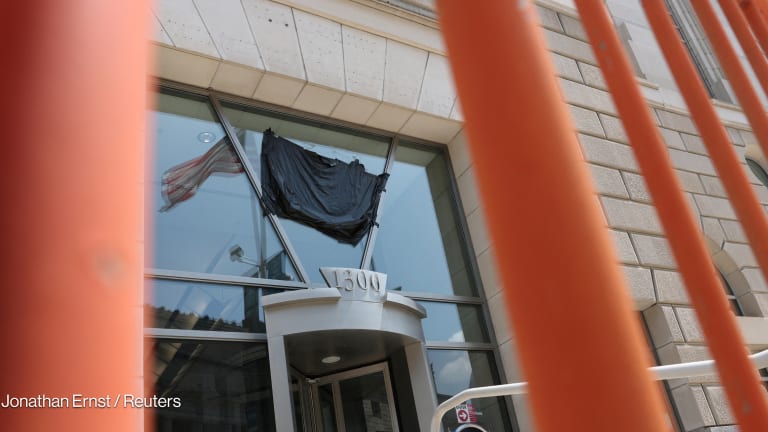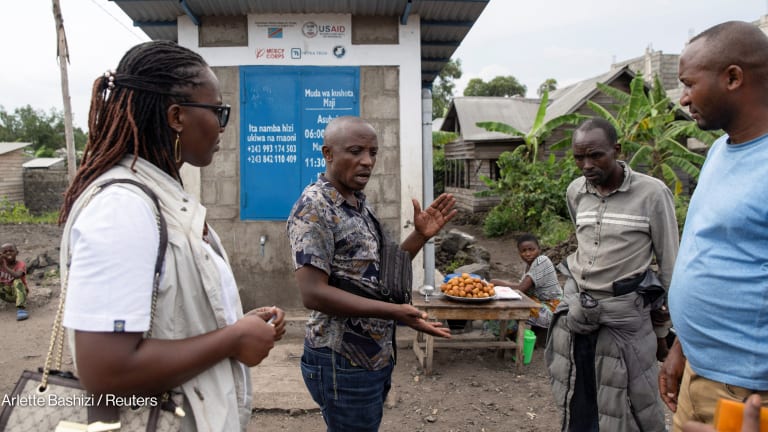Last month, the Trump administration canceled nearly 10,000 foreign aid awards. But over the last few days, USAID staff have been forced to review those projects post-mortem to make sure the number of awards they canceled matched the figures tweeted out by Secretary of State Marco Rubio earlier this week.
“Why should I make up a justification for why you've already terminated an award?” said one USAID staffer, who was charged with going through the process this week and last. “I don’t know what your justification was, and I'm not going to do your work retroactively, backward, to give you a reason.”
On Feb. 26, the Trump administration canceled 5,800 awards at the U.S. Agency for International Development and another 4,100 at the State Department. In a court filing published that day, the government said Rubio had “individually reviewed” each of those cancellations and determined slicing them from the agency was in the country’s “national interest.”








